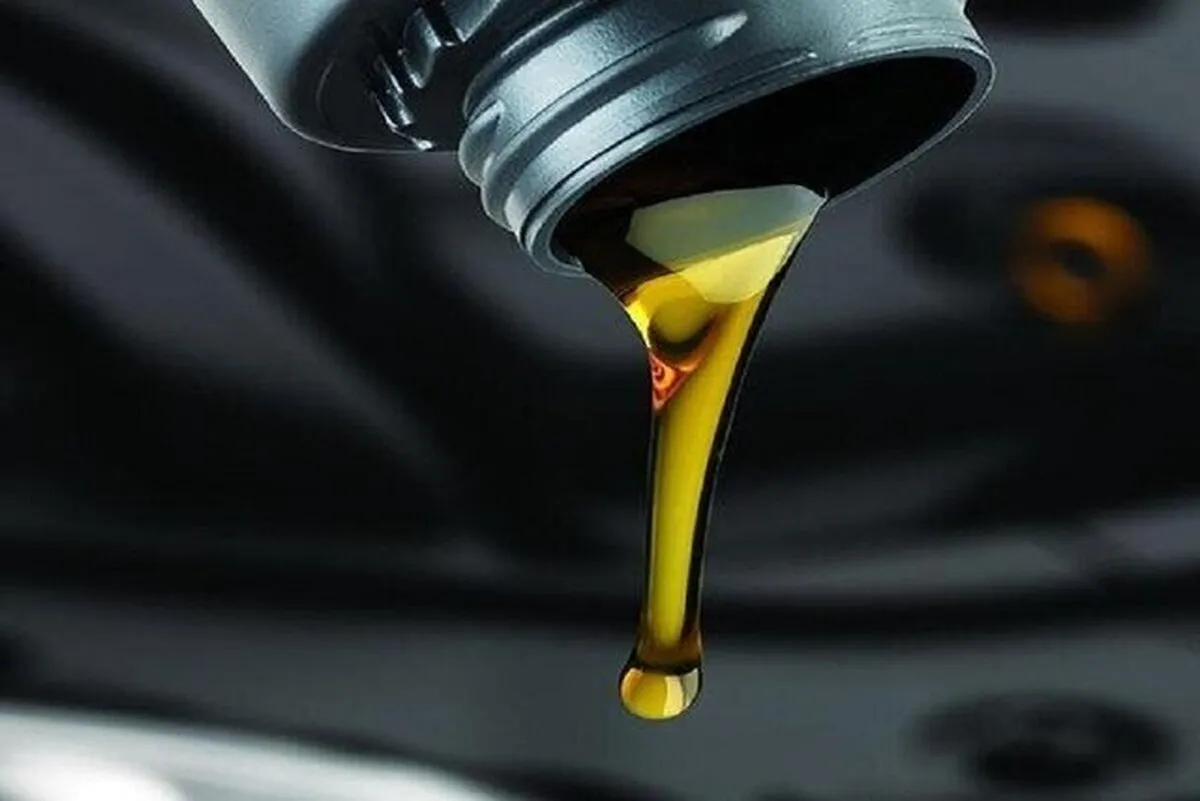Iran-Made Nano-Based Engine Oil Lowers Fuel Consumption, Pollutants

“The nanoparticles used in this engine oil, after being added to the base oil, are activated at engine temperature and form a uniform ceramic layer on the metal parts which not only repairs uneven cylinder surfaces but also prevents oil from leaking and makes cold starts safer, even if the engine is turned off for a long time,” said Hojjatollah Riazati, the managing director of the knowledge-based company.
The company has revolutionized the automotive lubricants industry by producing SN 10W-40 grade nano-based engine oil. This product, which contains ceramic nanoparticles, minimizes friction between engine parts and reduces engine operating temperature by filling the fine lines and pores of the cylinder.
Tests have shown that this technology reduces fuel consumption, increases vehicle acceleration, and significantly decreases oil consumption and engine vibration.
Key advantages of the nano-based oil include solving the problem of oil consumption by filling internal engine scratches, reducing the production of polluting gases, increasing stable lubrication even after the vehicle has been off for a long time, preventing corrosion and increasing engine life.
In a relevant development in May 2024, an Iranian company had used nanotechnology to produce a new type of oil lubricant which settles all problems related to the use of mineral, synthetic and nano soap water and provides favorable conditions for the consumer economically and environmentally.
The lubricating oil of Roshd Sahand Shimi San’at does not become spoiled or stunk because the firm does not use antibacterial materials or additives which are generally illegal and environmentally unfriendly. In fact, due to the lubricant’s special formulation, no bacteria can grow in it's environment.
The lifespan of this lubricant is estimated to be one year while other lubricants can be used utmost for two months.
By using the new lubricant oil of Roshd Sahand Shimi San’at company in machines, the life of the tool increases twice and the maintenance cost of the machine, due to the absence of soapy water deposits that were seen in the form of lumps of oil in different parts of the machine in other lubricants, significantly decreases.
4155/v





















